Following Joseph Schooling‘s epic Olympic gold win, talk has been rife on parenting know-hows on bringing up successful children and cultivating their gifts. What about the gift of music?
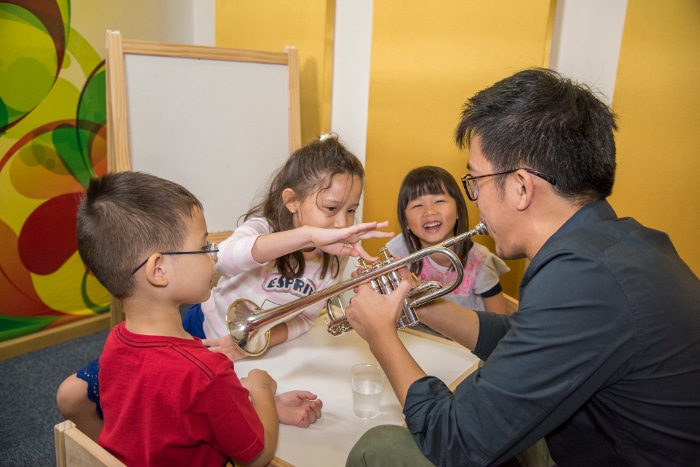
With music classes still on the forefront of Singaporean children’s co-curricular activities, how do parents ensure that it doesn’t just become “another thing to do” and instead, really nurture the gift and appreciation of music, while fulfilling their maximum musical potential? And with parents sending even toddlers to music classes, is it ever “too late” for older children to pick up music?
Lawrence Holmefjord-Sarabi, who only started playing the piano at the age of 11, believes that music is for anyone of any age. An internationally acclaimed and award-winning pianist, Lawrence started Aureus Academy in 2013, together with his brother, Julius. Lawrence is now the Managing Director of Aureus Academy.
We asked him for tips on how parents can foster children’s musical talents.
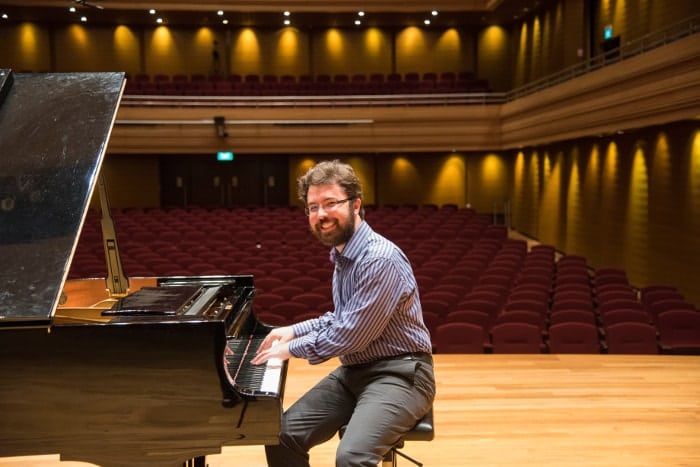
How can parents foster a self-sustaining interest in music in their child?
There are many factors that can help sustain and nurture musical interest in a child. Finding an engaging teacher, regular practice, and exposure to other aspects of musical learning are just a few examples. Something practical that parents can adopt is developing a regular practise routine with their child and also exposing them to different musical activities, be it music camps or music concerts.
Is it possible for children to appreciate music at a young age?
Yes, certainly. Music speaks deeply to our human nature and it benefits many areas of child development. Exposing children to music helps them identify sounds and rhythms, movement and expression.
⇒ Related Read: The Power of Music: How it Benefits and Impacts on Children
Is it necessary to enroll children in formal music classes?
This is recommended as children will benefit tremendously from music lessons. Research has uncovered the many benefits of learning a musical instrument. It not only helps in the development of children’s motor skills and cognitive abilities but also in the broadening of their emotional horizons. In addition, formal music lessons provide a structure that is essential for creating a good foundation in music for your child.
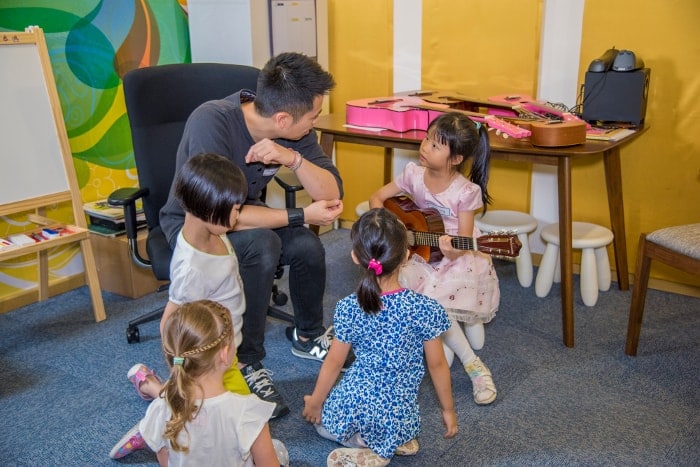
What are other avenues parents can tap on to expose their children to music?
Listening to music or watching concerts online can definitely help, as well as good interactive musical apps on the smart device. Listening to the music the child is currently learning in music classes, as well as sharing stories behind the music will also be helpful for the child’s learning at home.
⇒ Related Read: 8 Easy Ways to Help Children Appreciate Music
How can parents create an environment at home to nurture expression and musicality?
Immersing your home in music and actively listening to music are great ways to nurture a child’s musical ability. It doesn’t have to be the oft-recommended Mozart but rather, exposing your child to a variety of musical genres and styles will expand their horizons and enhance their aural skills.
How to recognize and tap into your child’s potential in music
Music is a fundamental part of what makes us human. We believe that all children have equal potential, and while certain aptitudes or strengths may manifest themselves in different ways, it is the responsibility of the teacher to help discover and develop natural talent. Choosing the correct instrument is, of course, an important factor, which is why we encourage new students to take advantage of our complimentary trial lessons.
Often, the choice of an instrument can be a hard one to make. However, when students are very young, we do recommend learning the piano or violin in an individual setting as they are excellent instruments for developing a strong foundation.
⇒ Related Read: Interview with Musical Daddy: Marcus Loh
Tips on cultivating the gift of music in your child, no matter the age
Encourage your child to make music together with others as this conveys the joy of music-making and provides a platform for collaboration with their peers. Treating music as something enjoyable and helping your child understand the gift of music goes a long way in helping them sustain a healthy mindset toward music.
The reason children sometimes lose interest in their instrument after initially starting off excitedly is that music could have turned into another ‘forced discipline’ where they feel obligated to practice. Changing their mindset and helping them see it in a different light will, in turn, inspire and motivate them to regard it as an enjoyable activity.
Text and images by Aureus Academy.
* * * * *
Like what you see here? Get parenting tips and stories straight to your inbox! Join our mailing list here.
Want to be heard 👂 and seen 👀 by over 100,000 parents in Singapore? We can help! Leave your contact here and we’ll be in touch.







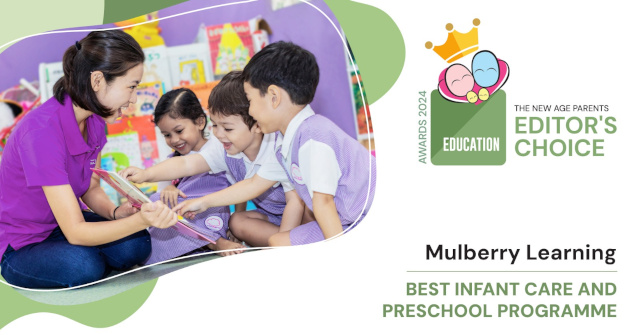



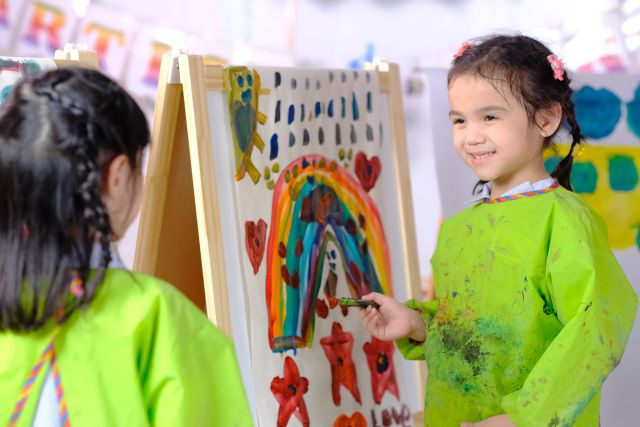





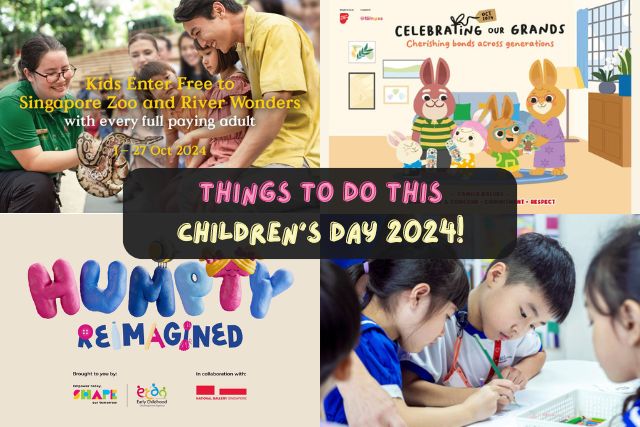





















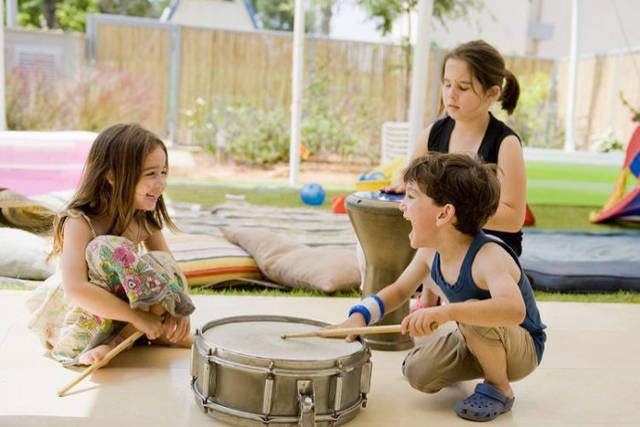


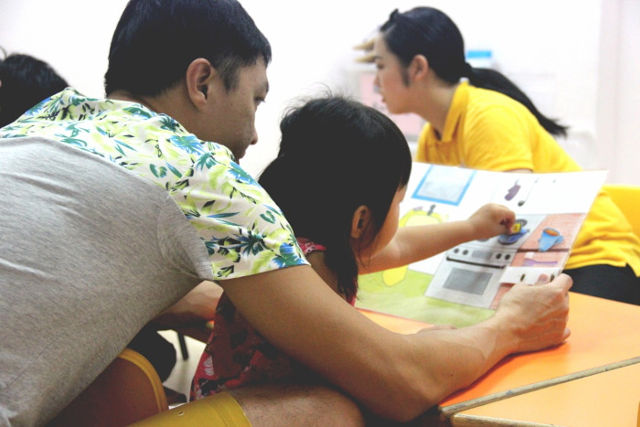



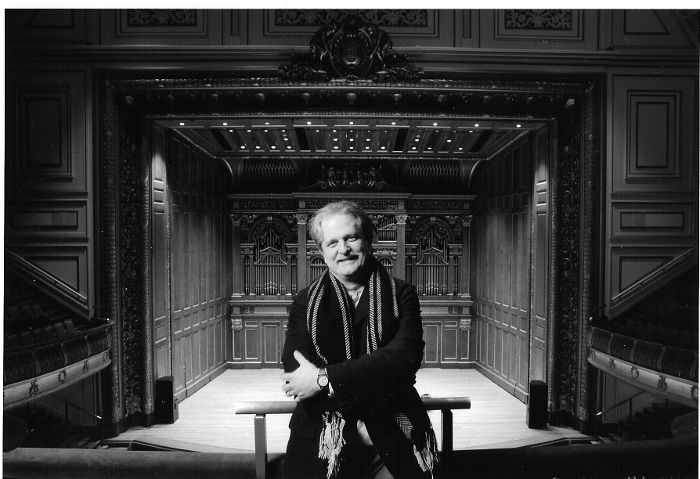




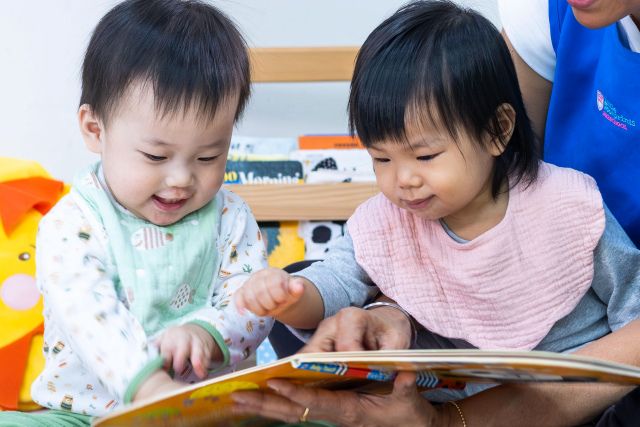







Leave a Comment: